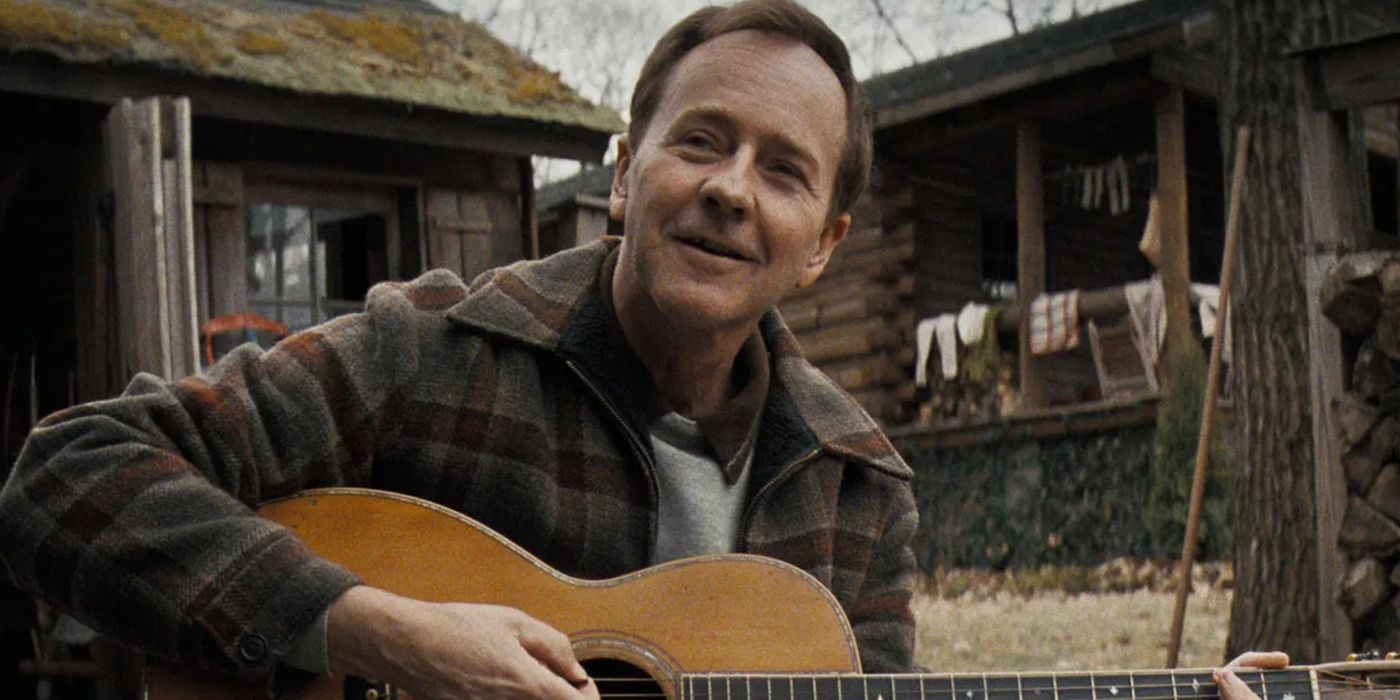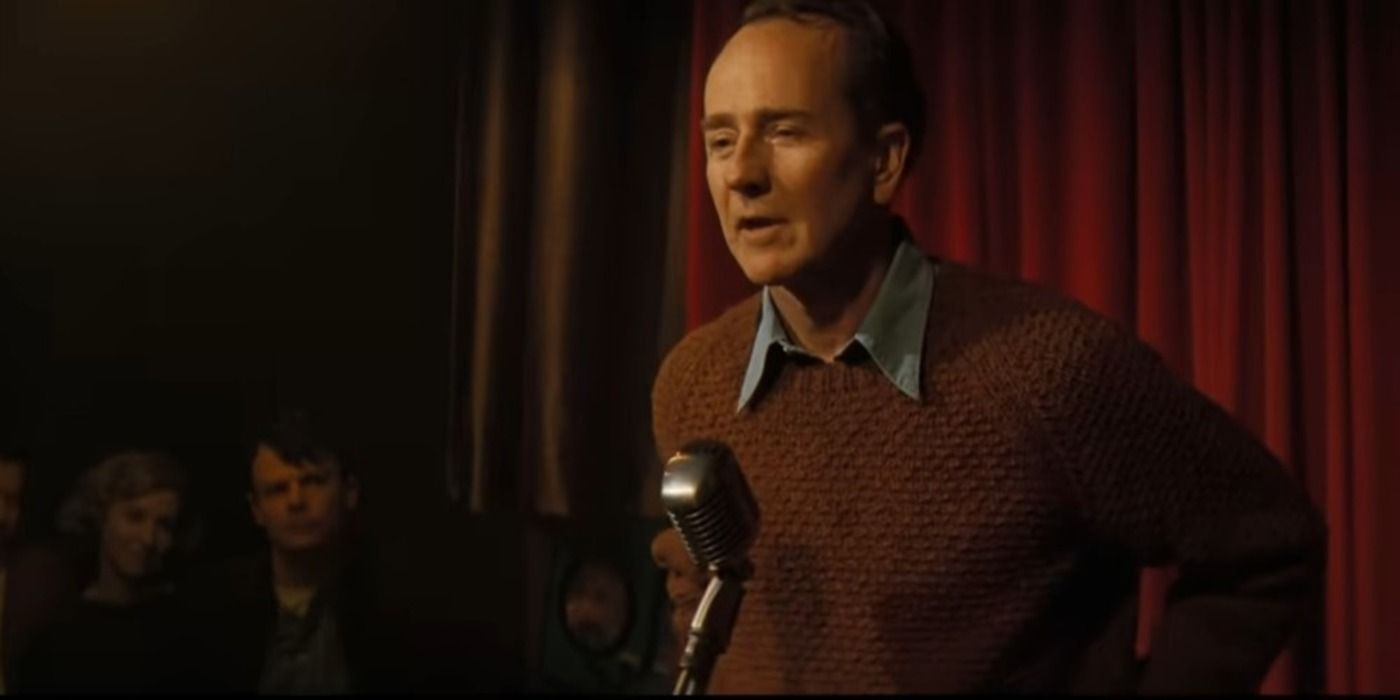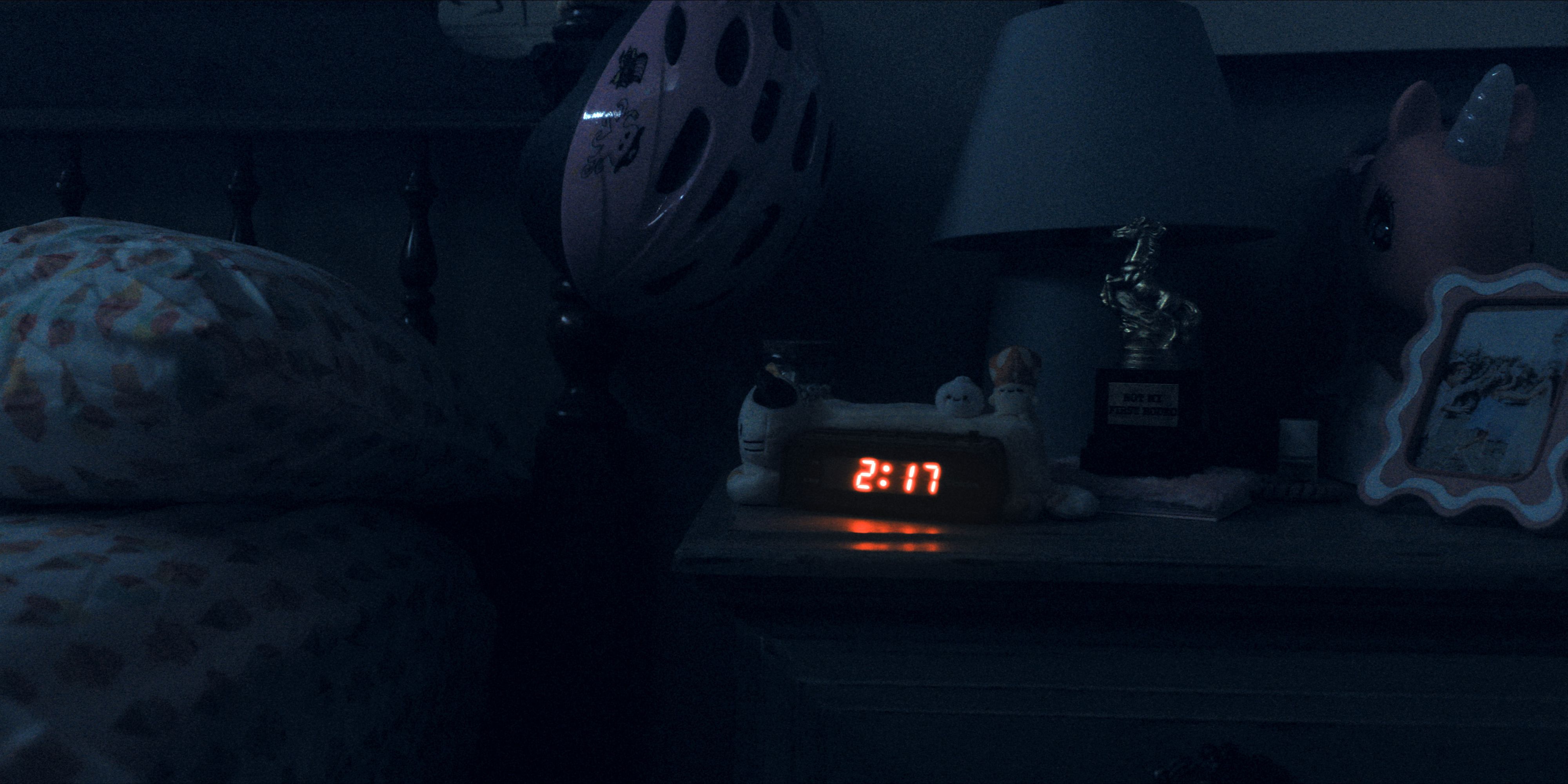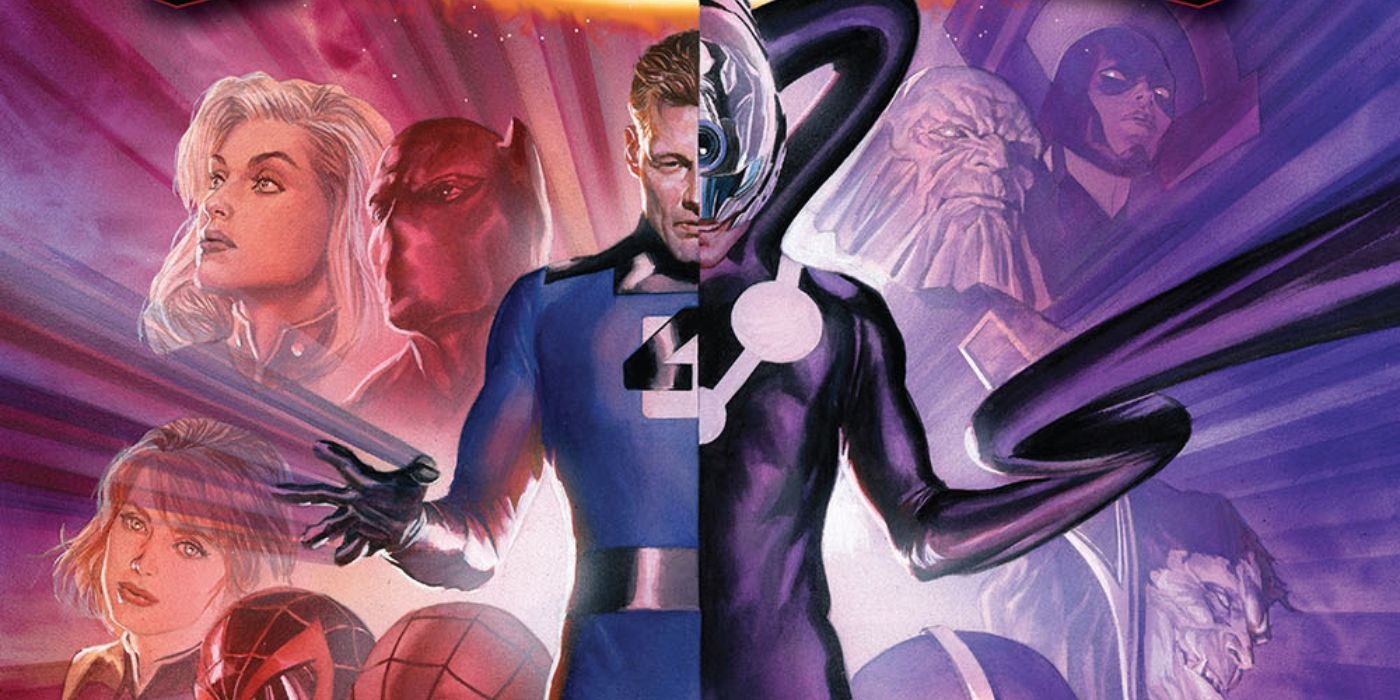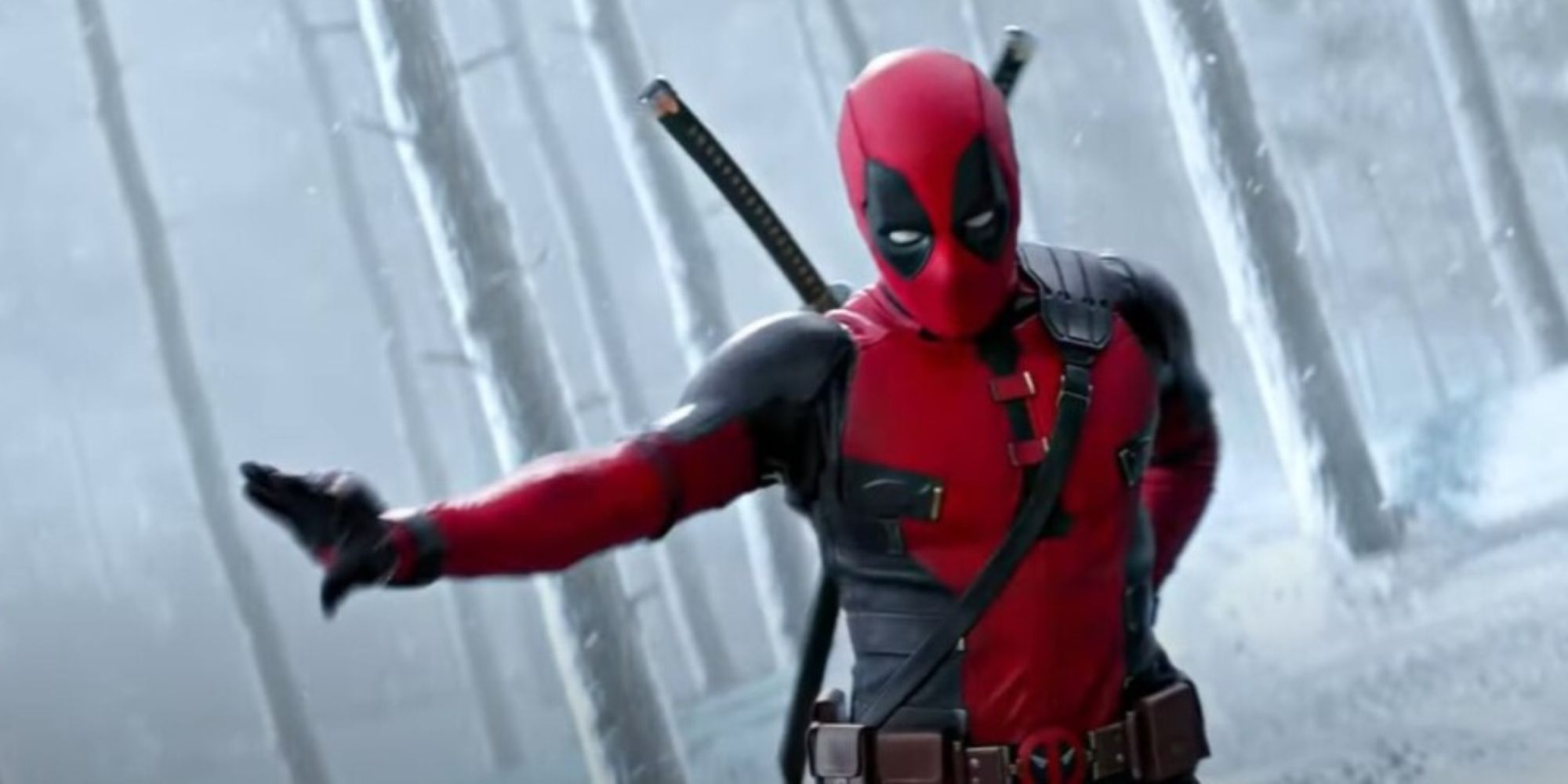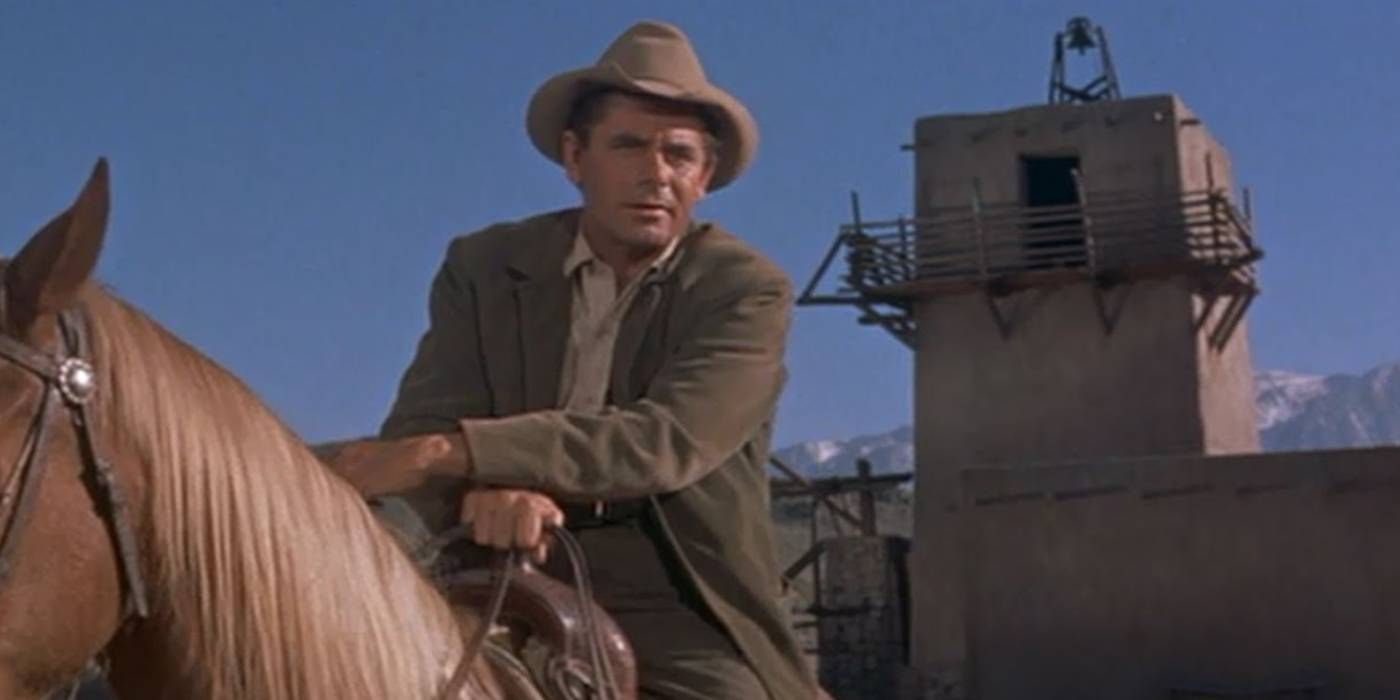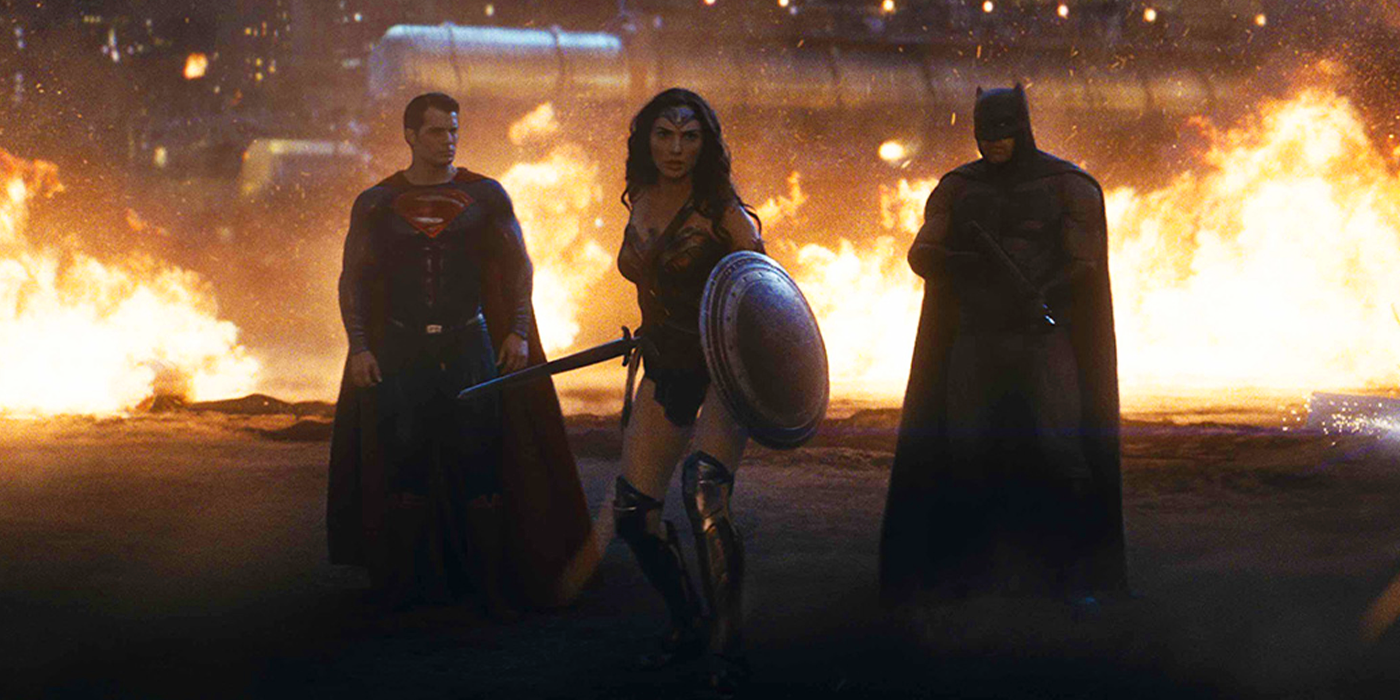Warning: This article contains spoilers for A Complete Unknown!
A Complete Unknown leaves Pete Seeger’s trial vague, brushing over everything but the sentencing speech, but the actual story is more fascinating than what’s depicted. Although Bob Dylan is the star of the 2024 biopic, multiple other characters in A Complete Unknown have a significant impact on his journey from a newbie to one of the world’s best songwriters. One of the most influential is Pete Seeger, a folk singer who gained fame alongside his friend Woody Guthrie.
Because the narrative centers on Bob Dylan’s life in the early 1960s, Seeger’s backstory is only really told when it directly impacts the main character. The one exception to this comes early in A Complete Unknown when Pete Seeger appears in a courtroom for the sentencing of his trial. He mentions one of his songs being deemed “UnAmerican,” offering to sing it, and the judge declines the offer and sentences him. However, the story of Pete Seeger’s trial is much more complex and fascinating in real life, showing an example of McCarthyism’s impact on performers.
Pete Seeger Wrote A Letter Protesting The Mᴀss Deportation Of Japanese People
The FBI Started Investigating Pete Seeger Due To A Letter
The story of Pete Seeger’s trial starts long before the sentencing that’s shown in A Complete Unknown. According to documents retrieved by Mother Jones’ Freedom of Information Act request, the FBI started looking into Seeger when he wrote a letter to the American Legion protesting their political activities. In a horrifying move, they sought to mᴀss deport anyone with Japanese heritage and deny Japanese-Americans their birthright citizenship. Seeger argued, “America is great and strong as she is because we have so far been a haven to all oppressed.”
Subsequently, the American Legion turned the letter over to the FBI, which started an at least two-decade-long investigation into the singer. Seeger became the target of the United States’ communist hunting, labeling him as a “potentially subversive person” for his political beliefs. The FBI searched through his educational and employment history. They also read his mail and interviewed anyone connected with the singer, including Woody Guthrie, another real person portrayed in A Complete Unknown.
The fact that Pete Seeger was engaged to a Japanese-American woman named Toshi Ohta increased suspicions about the singer. Despite multiple individuals vouching for Seeger’s trustworthiness and loyalty, the FBI continued to treat him as a threat. They even refused to deploy him despite his completing the aviation mechanic training.
Pete Seeger Refused To Answer The Questions Of The House Committee on Un-American Activities
Pete Seeger Gave Answers, But They Weren’t What Congress Desired
The culmination of the FBI investigation on Pete Seeger took place on August 18, 1955, when he was brought before the a subcommittee of the House Committee on Un-American Activities, as outlined by History Matters. This committee, which was abolished in 1975, was formed to investigate disloyalty and disruptive activities on the part of citizens, politicians, and groups. During the height of McCarthyism, the committee brought Seeger before them to question him about his possible communist affiliations and liberal beliefs.
They asked him about his performance at three events with ties to the communist party. He was also asked whether he performed as a service of the communist party. They strongly implied through their phrasing that Seeger was a Communist enemy of the United States. Throughout the interrogation, he gave these answers:
“I am not going to answer any questions as to my ᴀssociation, my philosophical or religious beliefs or my political beliefs, or how I voted in any election, or any of these private affairs. I think these are very improper questions for any American to be asked, especially under such compulsion as this. I would be very glad to tell you my life if you want to hear of it…
I feel that in my whole life I have never done anything of any conspiratorial nature and I resent very much and very deeply the implication of being called before this Committee that in some way because my opinions may be different from yours, or yours, Mr. Willis, or yours, Mr. Scherer, that I am any less of an American than anybody else. I love my country very deeply, sir…
I have sung for Americans of every political persuasion, and I am proud that I never refuse to sing to an audience, no matter what religion or color of their skin, or situation in life. I have sung in hobo jungles, and I have sung for the Rockefellers, and I am proud that I have never refused to sing for anybody. That is the only answer I can give along that line.”
However, Seeger refused to answer where he performed, when, and what songs he sang at specific performances. He felt this violated his rights as an American citizen. However, he did offer to sing a song for Congress and again at the trial, both of which were denied. These moments are briefly referenced in the 2024 biopic, although A Complete Unknown changes the song from “Wasn’t That A Time.” It also leaves out most of the context of the trial.
Pete Seeger Was Found Guilty Of Contempt Of Congress
Pete Seeger’s Refusal To Answer Questions Let To 10 Counts Of Contempt Of Congress
Six years after his testimony, Pete Seeger was finally taken to trial for multiple charges of Contempt of Congress. The trial lasted from March 27, 1961, to March 29, 1961, leading to a guilty verdict on all ten counts of Contempt of Congress. According to The Harvard Crimson, during the proceedings, the judge instructed the jurors not to consider whether Congress’ questions were legal or moral, and they couldn’t contemplate Seeger’s reason for not answering. They were only to decide whether Seeger provided a good-faith response, rather than trying to be defiant. The jury deliberated for one and a half hours.
On April 4, 1961, Judge Thomas F. Murphy sentenced Pete Seeger to one year in prison and required him to pay the cost of prosecution (via The Harvard Crimson). Judge Murphy refused to grant Seeger bail pending an appeal; however, the same day, the appeals court granted him $2000 bail. Adjusted for inflation, this equals $21,181.54 bail, pending an appeal.
Pete Seeger’s entire statement from the conclusion of his trial can be read here: Northwestern University Libraries.
According to the case files available through Justia US Law, the US Court of Appeals for the Second Circuit overturned the conviction of Pete Seeger because the indictment incorrectly and misleadingly stated the subcommittee’s investigative authority to conduct the hearings at which Seeger appeared. After the appeals court overturned his conviction, the charges were dropped. As shown in the movie, Seeger’s political activism didn’t cease after the trial. He continued to speak out for human and American rights long after the events of A Complete Unknown, solidifying his legacy as an iconic folk singer and activist.
Sources: Mother Jones, History Matters, The Harvard Crimson, and Justia US Law

